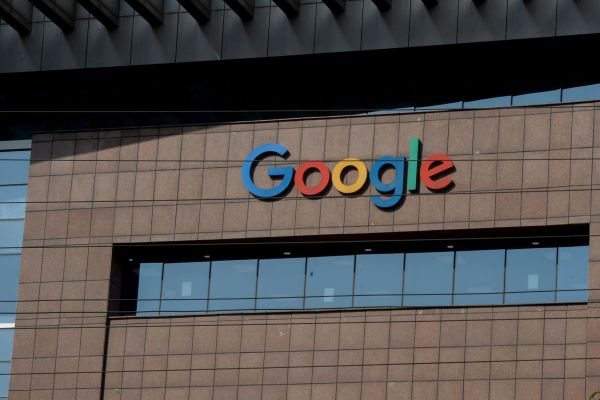The Delhi High Court has ruled that Google’s Ads program falls under the purview of the country’s Trademarks Act and the company must remove ads that infringe upon trademarks in a major decision that may redefine online advertising’s legal landscape.
The decision (PDF), delivered by a division bench of Justice Vibhu Bakhru and Justice Amit Mahajan last week, observed that Google was an “active participant” in the use of the trademarks of proprietors. Google’s practice of suggesting competitors’ trademarks as keywords to advertisers yielded significant profits for the search giant via keyword sales.
This case was spurred by a complaint from logistics firm DRS, which pointed out that searches for its trademark “Agarwal Packers and Movers” returned competitor websites. DRS alleged that Google’s ad mechanism exploited its trademark to divert users to rival sites.
Upholding the initial order, the division bench directed Google to act on DRS’s grievances and remove offending ads. This verdict implies that platforms like Google must introduce novel systems to address such trademark concerns continually.
“One of the worst ways to spend money as a business is to advertise against your own keywords,” said Nithin Kamath, founder and chief executive of trading platform Zerodha, of the ruling in a thread on X. “Businesses do this because if they don’t, competitors who advertise for their keywords show up above them in search results. So if you search for Zerodha, an ad from a competitor might show up above the organic search result. Many times these ads can be deceiving as well. This perverse situation was the result of the lack of trademark protection.”
The court’s assertion that Google is not a “passive intermediary” but runs an advertisement business, over which it has “pervasive control,” comes as a significant blow to the tech giant.
“Merely because the said business is run online and is dovetailed with its service as an intermediary, does not entitle Google to the benefit of Section 79(1) of the IT (Information Technology) Act, in so far as the Ads Programme is concerned,” the bench ruled.
While Google argued its position as an intermediary entitled it to “safe harbor,” the bench said they found no issue in the prior single judge’s order, which suggested that the “benefit of safe harbor under Section 79(1) of the IT Act would not be available to it” if they were found guilty of trademark infringement.
This decision casts a shadow on the tech giant’s advertising operations in one of its largest markets.
